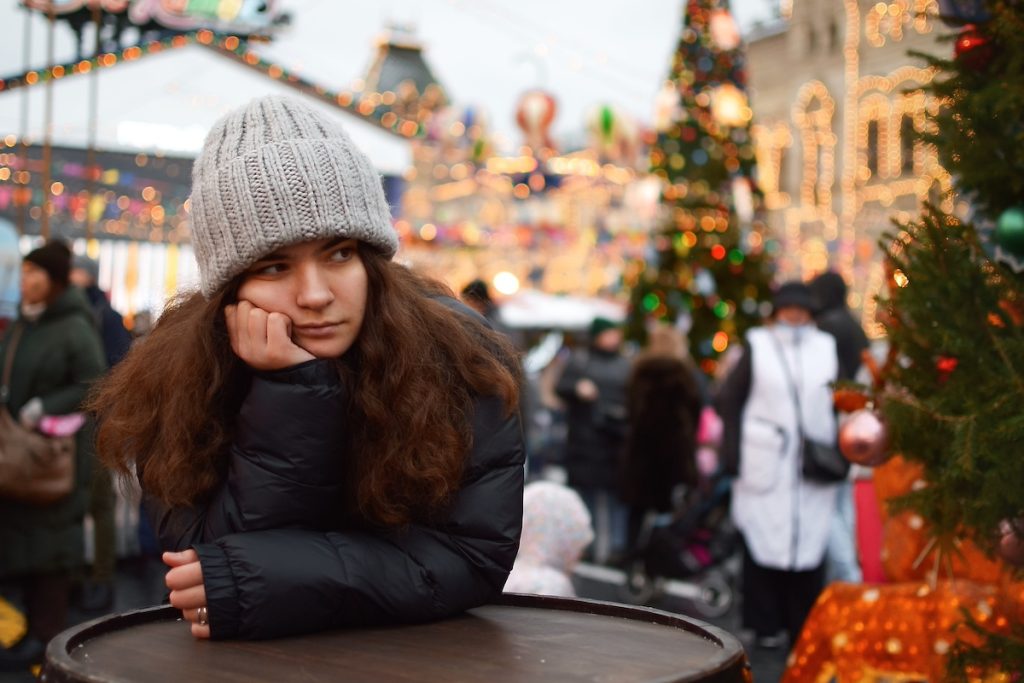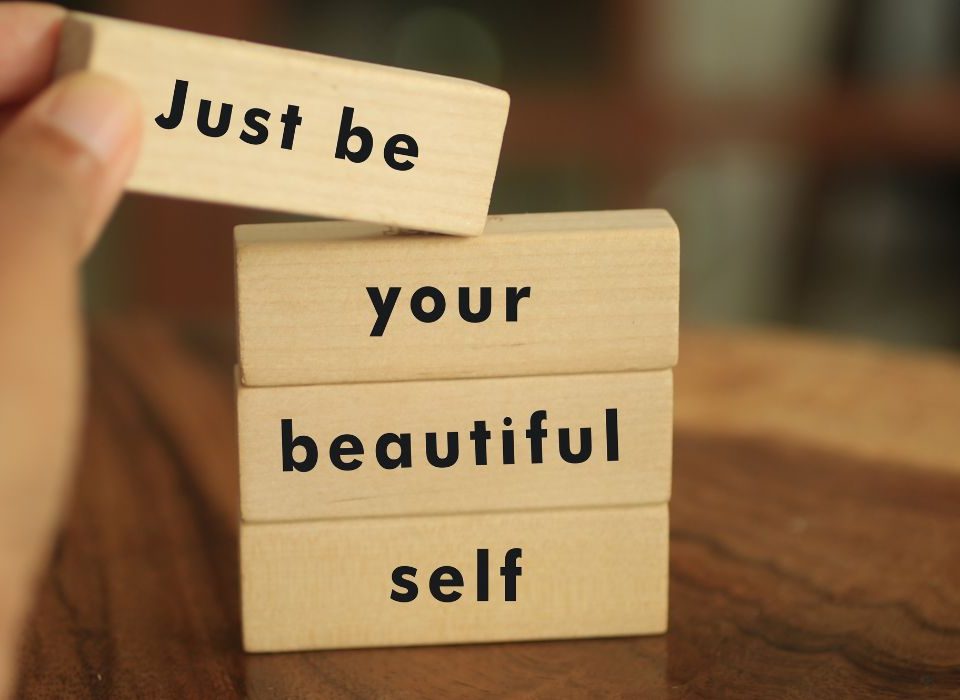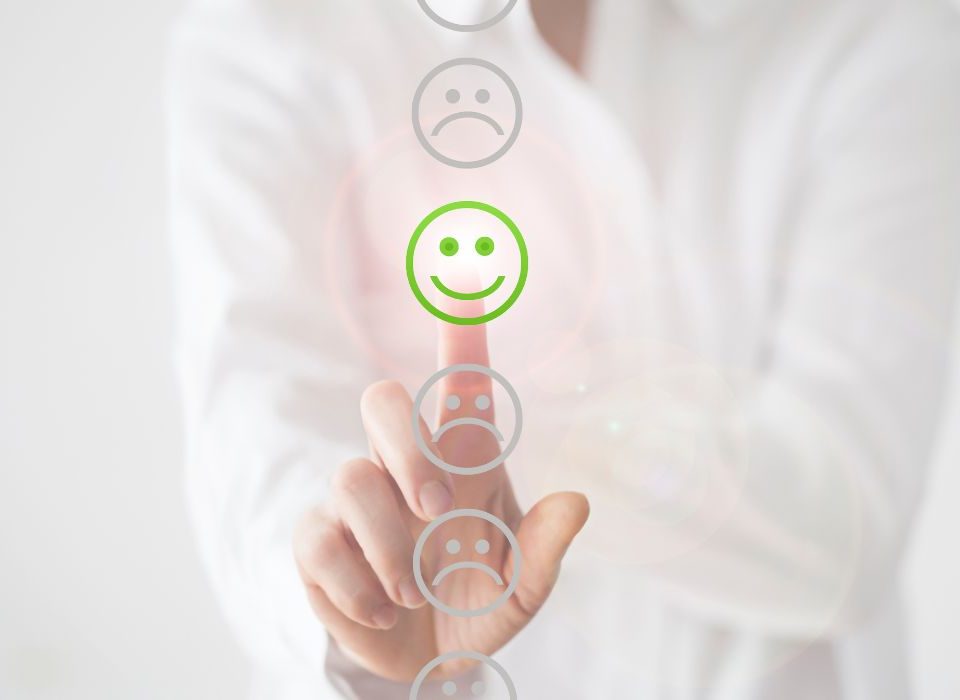
How to Recognize if You’re Suffering from Trauma: Signs and Symptoms
November 11, 2024
Overcoming Anxiety During the Holiday Season
November 18, 2024
The holiday season, from Thanksgiving through New Year’s, is often portrayed as a joyful time filled with celebrations, family gatherings, and festive traditions. However, for many, this time of year can be challenging, exacerbating feelings of loneliness, sadness, and depression. The pressure to be cheerful and the expectation to socialize can amplify feelings of isolation or stress, leading to a more profound struggle with mental health.
Understanding how depression and the holidays can affect you is the first step in managing your emotional well-being. Below are some effective strategies for coping with depression during the holidays, offering practical ways to navigate this challenging time of year.
Why Depression During the Holidays Is Common
The holiday season can trigger or intensify depressive symptoms for a variety of reasons. Some of the most common factors include:
- Loneliness: For those who have lost loved ones, are estranged from family, or live far from close friends, the holidays can magnify feelings of isolation.
- Unrealistic Expectations: The pressure to meet the societal ideal of a “perfect” holiday can be overwhelming. Social media, advertisements, and movies depict flawless family gatherings and joyful celebrations, making people feel inadequate or as though they’re missing out.
- Financial Stress: The pressure to buy gifts, attend events, or travel can place a significant economic burden on individuals and families. This added stress can trigger anxiety and deepen feelings of hopelessness.
- Memories of Past Trauma: The holidays may stir up memories of past traumas, mainly if they involve family conflict, loss, or abuse. These emotional triggers can resurface, causing heightened depression.
- Seasonal Affective Disorder (SAD): The reduced daylight during the winter months can contribute to Seasonal Affective Disorder (SAD), a type of depression related to changes in seasons. This can overlap with or intensify feelings of depression during the holidays.
Coping with Depression During the Holidays
While the holidays can present unique challenges, there are ways to manage and cope with depression effectively. Here are some strategies to help you navigate this season while prioritizing your mental health.
1. Set Realistic Expectations
It’s easy to fall into the trap of trying to meet the unrealistic expectations often associated with the holidays. Whether hosting the perfect dinner or finding the ideal gift, the pressure to perform can lead to feelings of inadequacy. Instead, focus on what truly matters to you during this time. Allow yourself to set boundaries and scale back on overwhelming activities or events.
2. Acknowledge Your Feelings
It’s okay not to feel merry and bright during the holiday season. One of the most critical steps in coping with depression during the holidays is acknowledging your feelings. Give yourself the space to feel whatever comes up: sadness, grief, or frustration. Trying to force happiness can often make depression worse, so allow yourself to experience your emotions without judgment.
3. Plan Ahead
The holidays can be unpredictable, but planning can reduce some of the associated stress. If social gatherings or family events feel overwhelming, decide in advance which activities you’ll attend and how long you’ll stay. Creating a flexible schedule that includes breaks for self-care can help you feel more in control and prevent burnout.
4. Stay Connected with Supportive People
Even if you’re not in the mood for large gatherings, staying connected with loved ones can help you cope with loneliness. Contact a trusted friend, family member, or therapist to share your feelings. Sometimes, just talking to someone who understands can alleviate the burden of depression and remind you that you’re not alone.
5. Prioritize Self-Care
Self-care is essential year-round, but it’s crucial when stress levels can rise during the holidays. Make time for activities that bring comfort and relaxation, whether reading a book, walking, meditating, or practicing mindfulness. Pay attention to your physical health as well—eating nutritious foods, staying hydrated, and getting enough rest can all help regulate your mood and energy levels.
6. Limit Social Media Exposure
Social media can exacerbate feelings of depression and inadequacy, especially during the holidays when it’s filled with images of seemingly perfect celebrations. Limiting your time on social platforms can prevent comparison and help you focus on your well-being. Remember, what people post online is often a highlight reel, not a reflection of real life.
7. Seek Professional Support
If your depression feels unmanageable or is worsening during the holiday season, seeking professional help can make a world of difference. Therapy, whether in-person or through online platforms, provides a safe space to process emotions and develop coping strategies. Additionally, a therapist can help you recognize patterns of thinking or behavior that may be contributing to your depression.
Dealing with Grief and Loss During the Holidays
If you’ve experienced the loss of a loved one, the holidays can bring up intense feelings of grief. It’s essential to allow yourself to mourn and honor your emotions. Creating new traditions or rituals to remember those you’ve lost can help ease the pain while providing a sense of closure.
Get Help Today
Depression and the holidays can be a tricky combination, but it’s possible to manage your mental health with the right strategies. By acknowledging your emotions, setting realistic expectations, and practicing self-care, you can control how you experience the holiday season. Remember that you don’t have to face depression alone—reaching out to a therapist or loved ones can provide the support you need to get through this challenging time.
Recognizing that coping with depression during the holidays is a common struggle can also reduce the shame or pressure you might feel. You can navigate the holiday season with compassion and care for yourself with the right tools and support.
_________________________________________________________________________________
Looking for treatment for an eating disorder, anxiety, depression, trauma, or postpartum mood disorder?
Evolve Counseling Services is a specialized team of Licensed Therapists providing treatment in Paoli.



